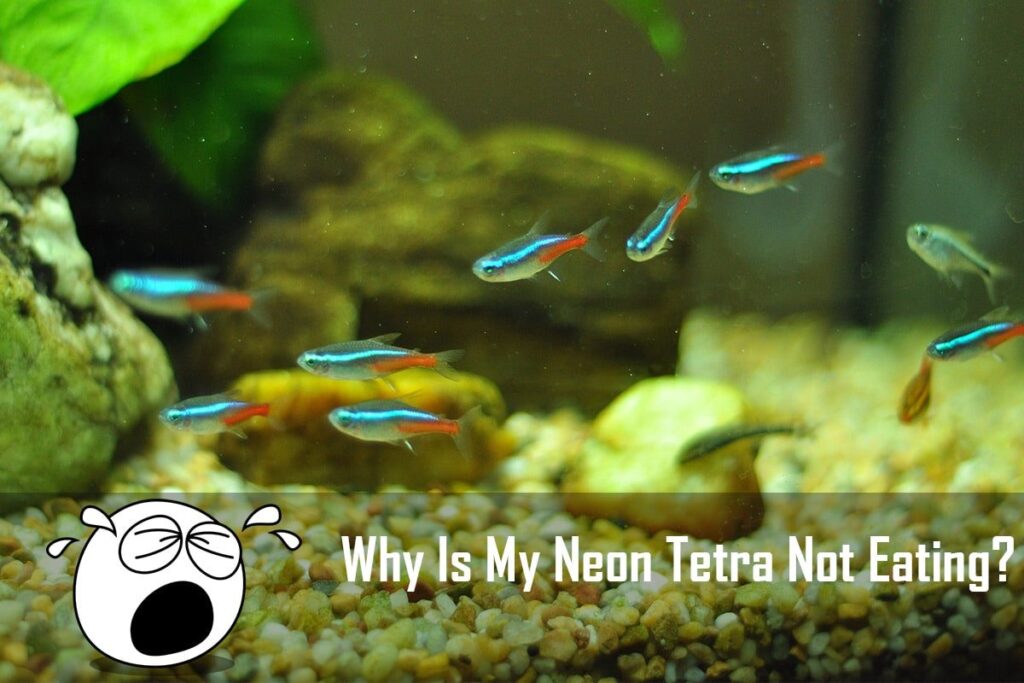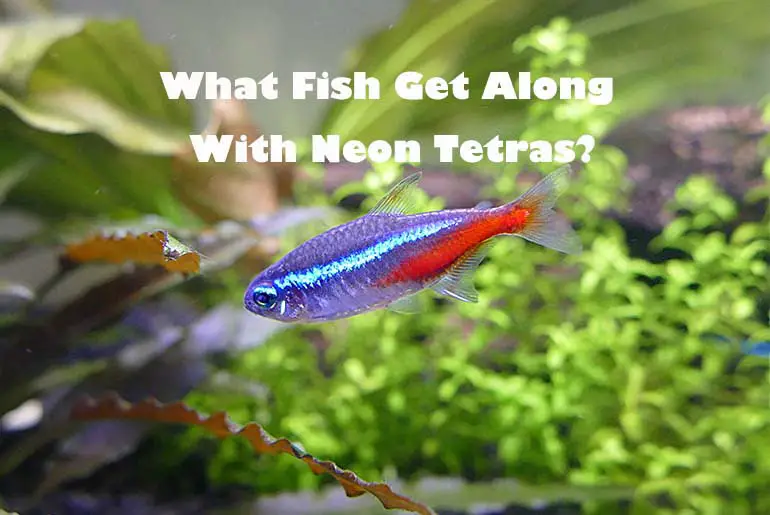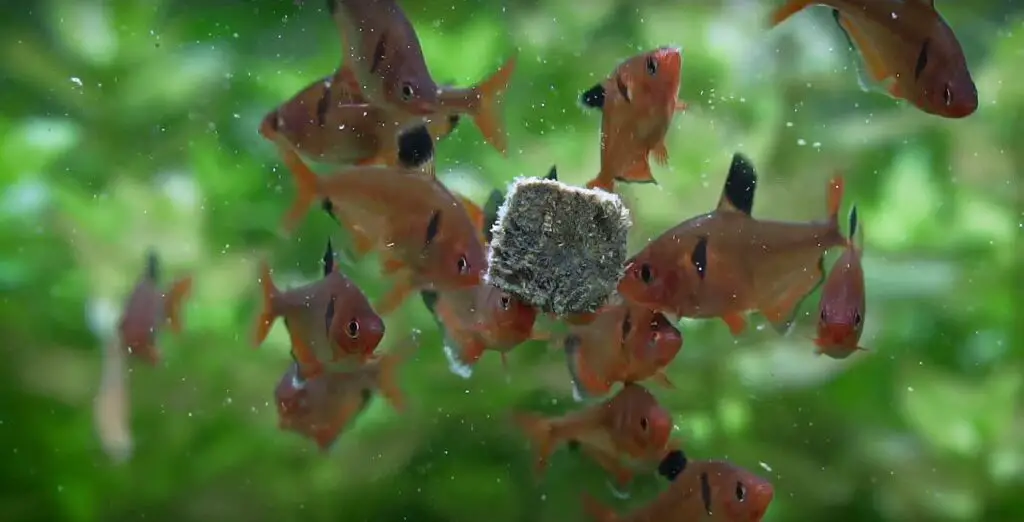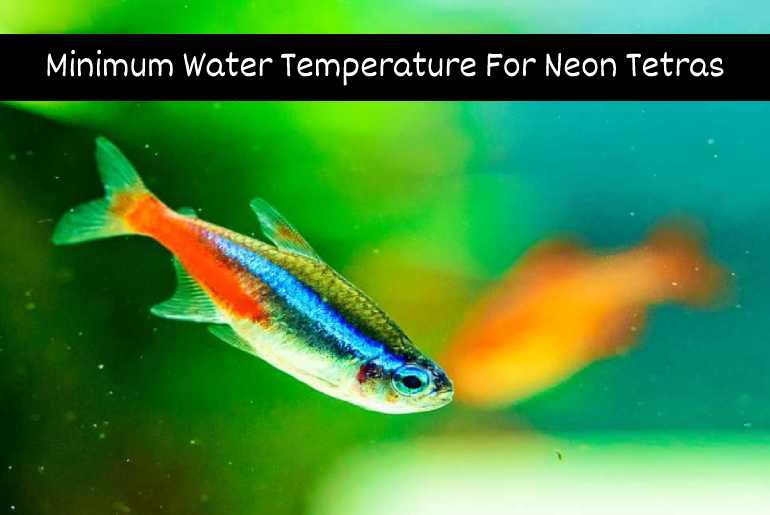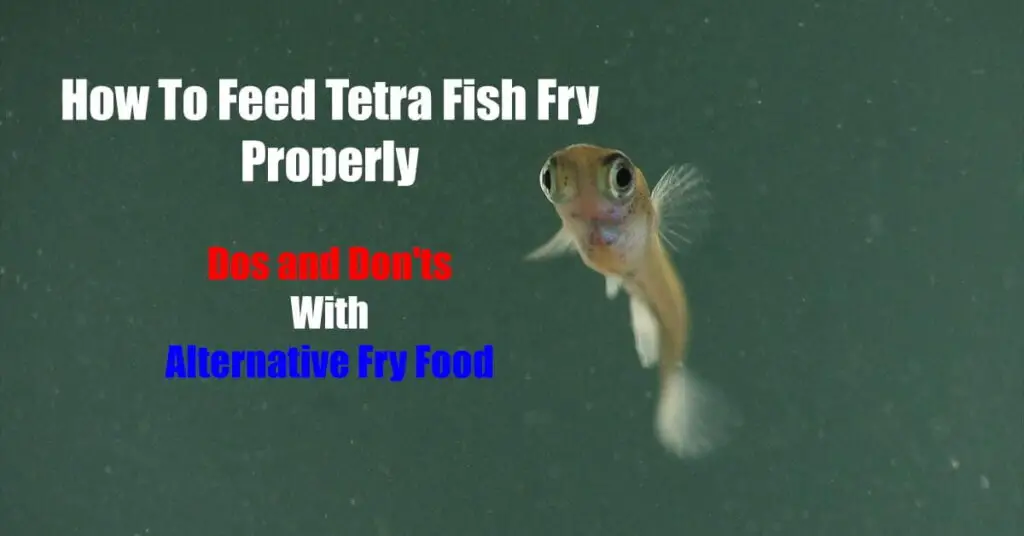Neon Tetras are among the hardiest species in the aquarium. Their beautiful vibrant colors and easy to keep nature make them the favorite of many beginner fishkeepers. Although their water parameters are easy to maintain, a sudden change in the environment can make them finicky. Then they will begin avoiding food for several days, which can be a headache for a concerned fishkeeper.
Usually, lousy water parameters and stress are the main reasons behind the loss of appetite in neon tetras. These things are sometimes curable and sometimes can be stubborn and contagious. In this section, we will be looking at all the primary reasons and the possible solutions. I will also answer some frequently asked questions regarding this topic “Why Is My Neon Tetra Not Eating?“.
Why Is My Neon Tetra Not Eating?
Usually, loss of appetite is a secondary effect of something bigger on your neon tetras. Let’s have a look at some of the most common reasons why your fish is avoiding food.
Diseases
Although neon tetra is a hardy fish, there are various diseases that it can catch. Sometimes, a neon tetra inherits diseases and parasites from the store that you bought it from. Other times it gets infected in your home tank due to several reasons.
Most of these fish are prone to the Neon Tetra Disease (NTD). Pleistophora hyphessobryconis is a parasite found in dead living fishes or infected live food that causes this disease. This parasite starts affecting the digestive tract and stomach and starts eating the fish from the inside out.
Although the loss of appetite is not the primary effect of this disease, restlessness and muscle cysts can divert the fish from feeling hungry.
Neon Tetra Disease is highly communicable, can affect other fishes, and also doesn’t have any treatments. So it is best to remove the infected fish if you start witnessing symptoms.
Stress
Stress can play a huge role in a fish’ s appetite. A stressed fish neither socializes, breeds nor eats. Various factors can stress ou you neon tetras. The main reasons that cause the fish to stress out are:
- Presence of larger and more aggressive fish in the tank.
- High ammonia and nitrate levels can also cause stress.
- A sudden water parameter change or shift in the environment can also cause stress in neon tetras.
- Neon tetras are active fish and prefer swimming all around the tank. So any obstructions like plants and decors can also cause stress.
- Unsuitable temperature and pH levels can also be major factors.
Food Is Too Large For Their Mouth
Neon tetras are tiny fish, and almost all fish food can be too big for their mouth. Small fish pellets can also be hard for them to consume. You shouldn’t feed your neon tetras the same food that you feed your cichlids and other big fish.
Unsuitable Water Parameters For Your Neon Tetra
As I have already mentioned above, Tetras are quite sensitive to sudden water perimeter changes. If the water parameters like temperature, pH, ammonia level, nitrate level, phosphate level, etc., are unsuitable, then your fish is not going to eat.
Neon Tetra Hasn’t Adjusted To Your Aquarium
Neon tetras can act nervous in their new home. Whenever they are shifted from one environment to another, they need some time to adjust. Usually, they won’t come to the surface for food and avoid all lights and human attention. At this time it is better if you don’t try to be playful with the fish too. The fish might swim at deeper levels and hide behind decors and plants.
Possible Solutions
Avoiding food is quite common among fish in captivity, and it has numerous solutions. You should treat neon tetras in the following ways:
Quarantine Your Neon Tetra
If all of your neon tetras are not eating, then you can proceed with a common solution. But if only one of them is avoiding food, then you should infer that it has issues. Sometimes the problem can be as big as NTD. Since fish diseases need medical treatment, you must shift the fish to a quarantine tank.
A quarantine tank is a smaller tank with water parameters similar to the main tank. In this cycled tank, you add your fish and treat it with necessary medications. The most important medicine for a stressed fish can be freshwater aquarium salt. After the fish stops showing negative symptoms and starts eating food, you can shift it back to the main tank.
Also Read: How Many Neon Tetras in a 10-Gallon Tank
Try Flaking The Food
Pellets can be too big for your neon tetras. So, try crushing the pellets and turning them into flakes before feeding neon tetras. Fish foods usually soft, and you can crush them using our hands.
Neon tetras are omnivores and also enjoy regular treats in the form of meat. But these meat pieces must be chopped into small pieces. You can also add vegetables like carrot and broccoli into their diet, but remember to grate them finely.
Create A Peaceful Environment For The Fish
Although neon tetras ae community tank fishes, they do have a preference. Neon tetras have a calm temperament and prefer tank mates with similar traits. Guppies, mollies, cardinal tetras, and corydoras catfish are some of the best tank mates for neon tetras. Always go for fish with similar size and non-aggressive behavior.
The presence of larger and more aggressive fish in the tank can create a disturbing environment for your neon tetras. This can result in territorial disputes and brawl for food. Fish like cichlids and betta try to bully these small creatures.
Sometimes during mating season, male neon tetras might quarrel among themselves. So, it is best to separate a healthy male and female in a breeding tank in order to carry out a healthy reproduction process.
Maintain Suitable Water Parameters
Temperature
Tetras are tropical fish and prefer warmer water in the aquarium. Neon tetras prefer a temperature of about 70°F to 81°F. You might need a heater to maintain such temperature in cold seasons. Coldwater can cause fin rot stress in these species.
pH
These fish can tolerate slight acidity but not alkalinity. So, maintain a pH value of about 6.0-7.0. Filter through peat moss, add Carbon Dioxide and add wood to reduce the pH value.
Hardness
Also, try to maintain soft water(<10 DGH).
Chemical Concentration
Ammonia, phosphate, and other chemical concentrations should be as low as possible. To do this, you must perform at least 10% water change every week. Use a water test kit and test the water every month. Use the necessary solutions accordingly. An immediate water change is the best solution for higher chemical concentrations.
How Long Can Neon Tetra Go Without Food?
Experts say that you shouldn’t starve your fish for more than 3-4 days. But since neon tetras are omnivores and eat almost anything, they can survive for weeks without you feeding them. Neon tetras can feed on algae, plants, and decaying plant parts.
Taking this into consideration, we can say that your neon tetra won’t possibly die of hunger. You will always have enough time to notice that it isn’t eating and react to the situation as well.
However, avoiding food can sometimes lead to low immunity power. This makes them prone to fatal diseases and illnesses.
How Many Times Should You Feed Your Neon Tetra?
In the wild neon tetras are opportunistic eaters and will consume almost anything that fits in their mouth. To mimic their natural eating habit, you must feed them regularly. Anywhere between 2 to 4 times a day is perfect for neon tetras. Observe your tetras until they eat up all the food and make sure that each of them gets an equal share.
Also, don’t forget to remove any uneaten food particles.
Best Food For Neon Tetra?
Neon tetras need variations in their diet to stay healthy. Feeding them the same thing even for a week straight can make them stressed and unsatisfied. In the wild, they have a large number of options and can eat almost whatever they want.
So, try to mimic their natural habitat. In tanks, neon tetras will accept flake foods, micro-pellet food, brine shrimp, freeze-dried bloodworms, etc. High-quality flake food must be a part of their regular diet. But shrimps and daphnia must be used as regular treats. You can also throw some mosquito larvae or other fish fries.
Conclusion
All in all, there is a high chance that your neon tetra might avoid food because they can get fussy sometimes. If your neon tetra does the same, then follow the solutions that I have mentioned above. Note that sometimes the reason can be as serious as NTD, so always have a hospital tank ready.
I think I have discussed all the important things regarding this topic. Any feedback or recommendations will be heartily welcomed in the comment sections below.
Reference
Image Credit:
- https://en.wikipedia.org/wiki/en:Creative_Commons
- https://creativecommons.org/licenses/by/4.0/deed.en
